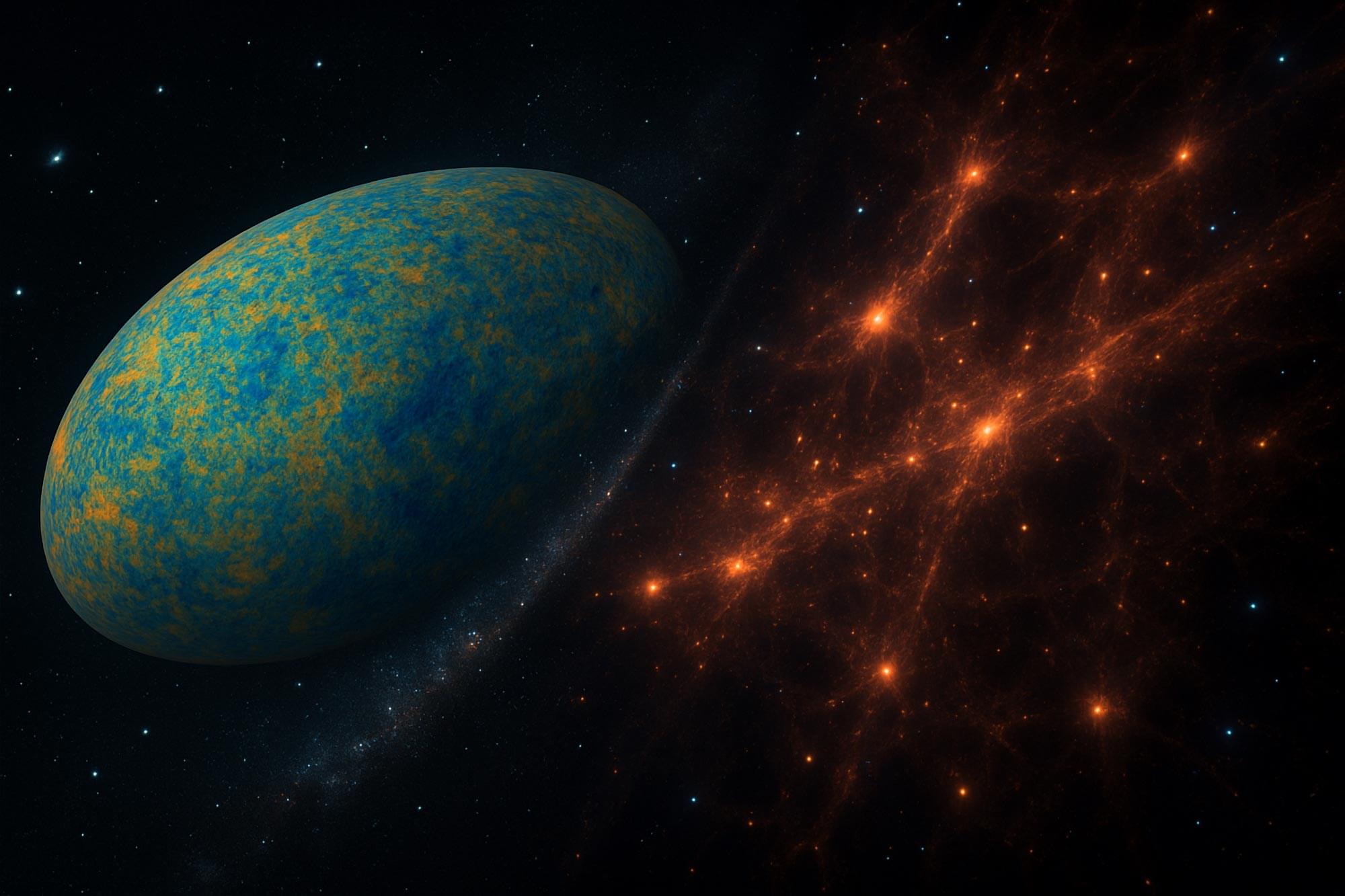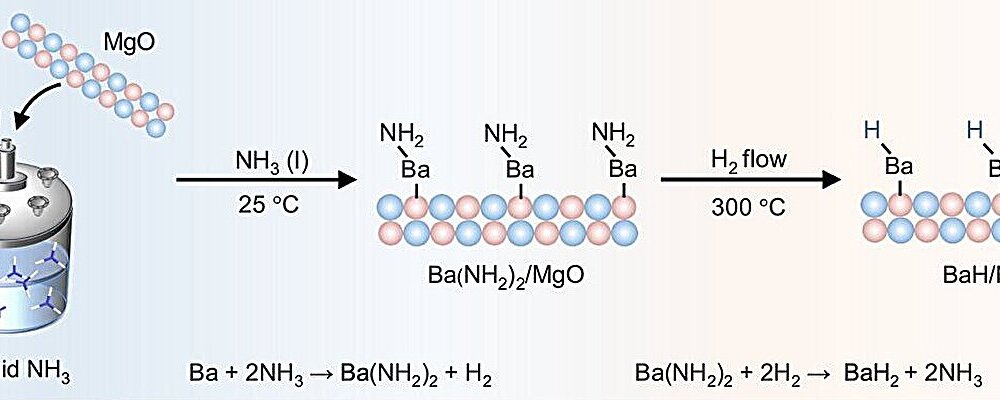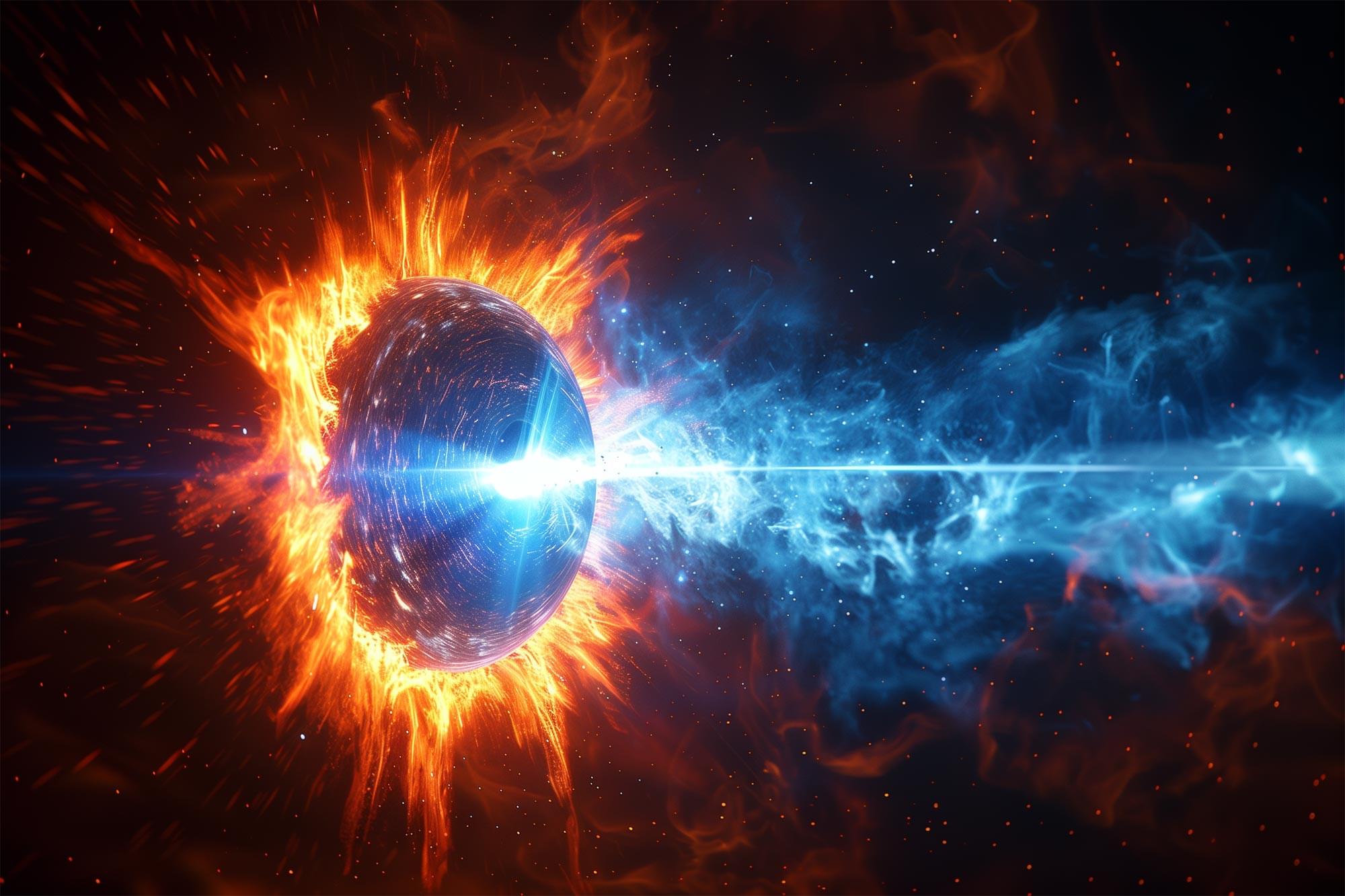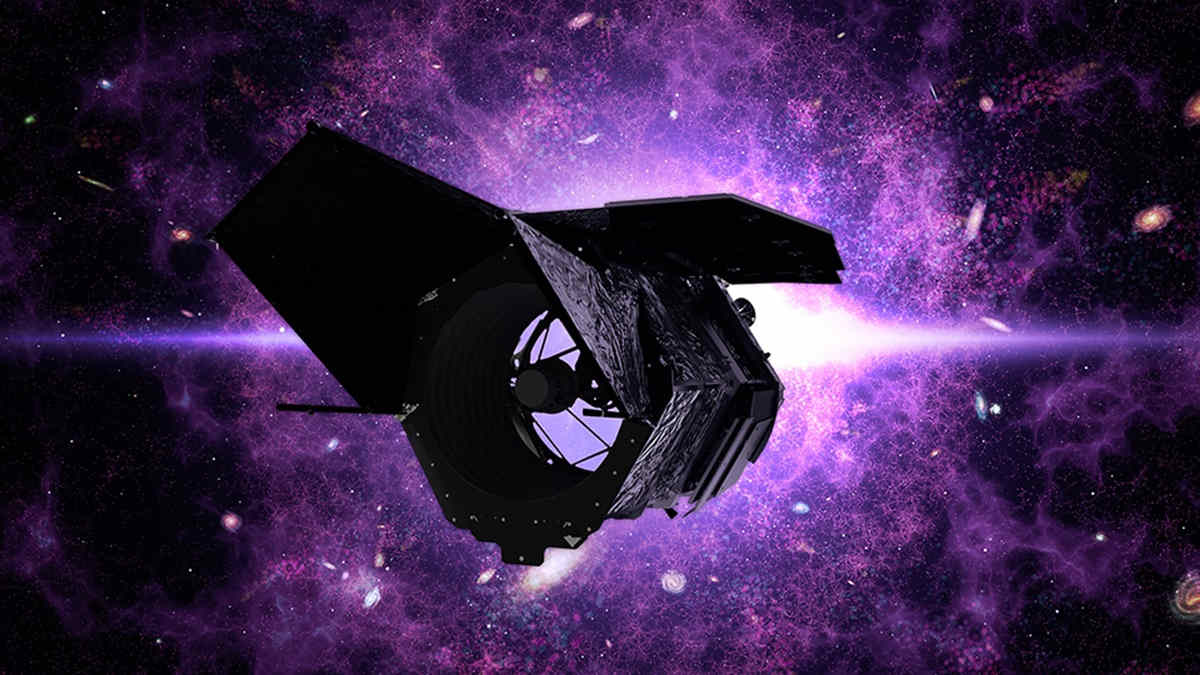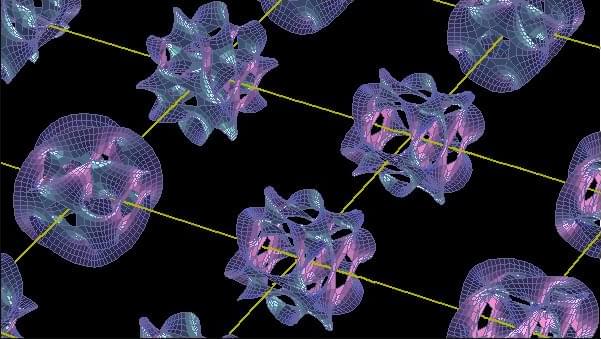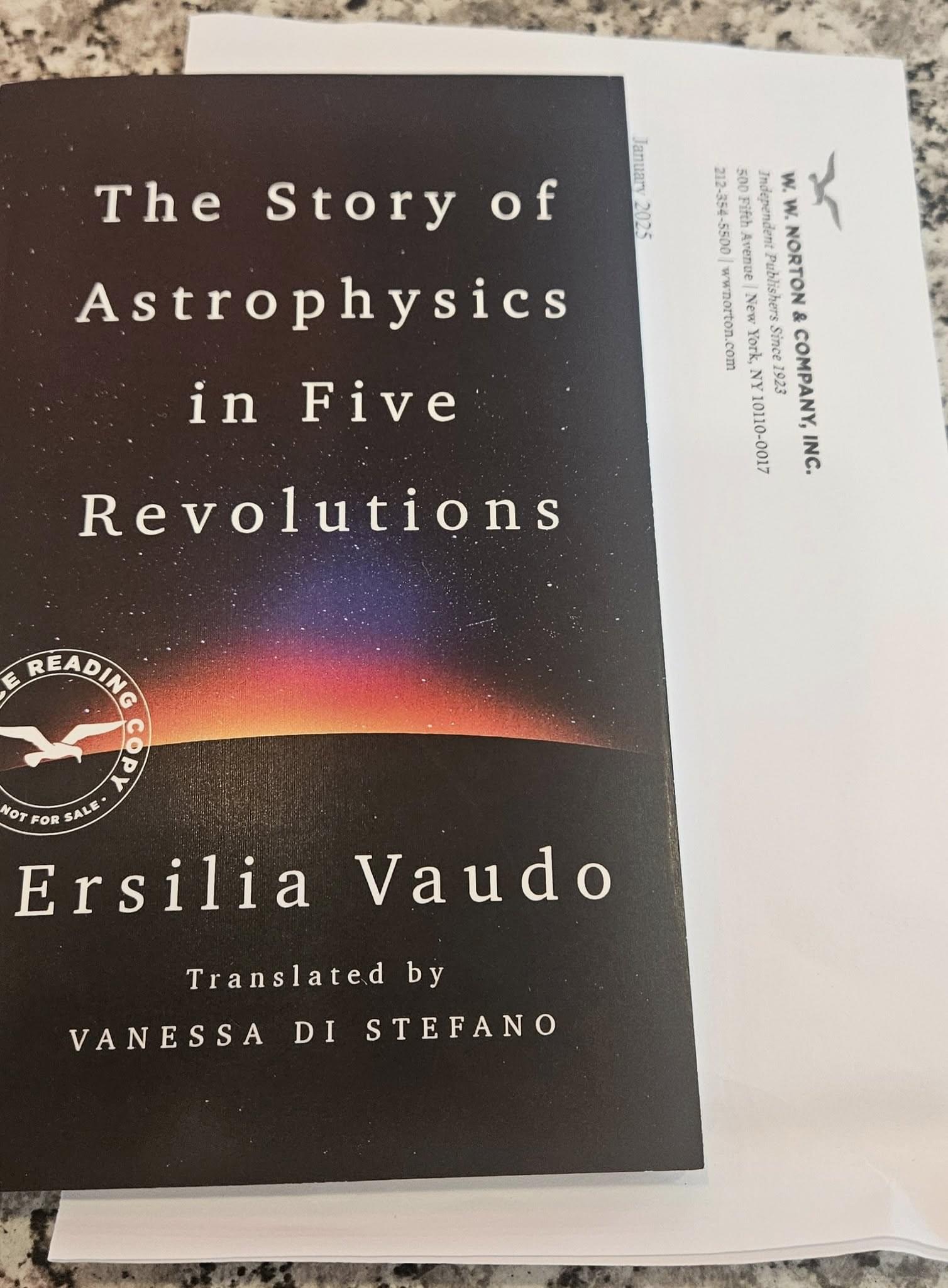Over billions of years, the universe has transformed from a simpler state into an intricate cosmic web, but new research hints that the growth of cosmic structures may not have unfolded exactly as predicted.
Using data from the Atacama Cosmology Telescope and the Dark Energy Spectroscopic Instrument, scientists compared ancient cosmic light with the modern distribution of galaxies, essentially creating a multidimensional cosmic timeline. Their findings reveal a slight but intriguing discrepancy: matter appears to be a bit less “clumpy” today than early models anticipated. While not definitive enough to rewrite physics, this subtle irregularity opens exciting possibilities about the mysterious forces, like dark energy, that could be subtly reshaping the universe.
The Cosmic Dance of Matter.
